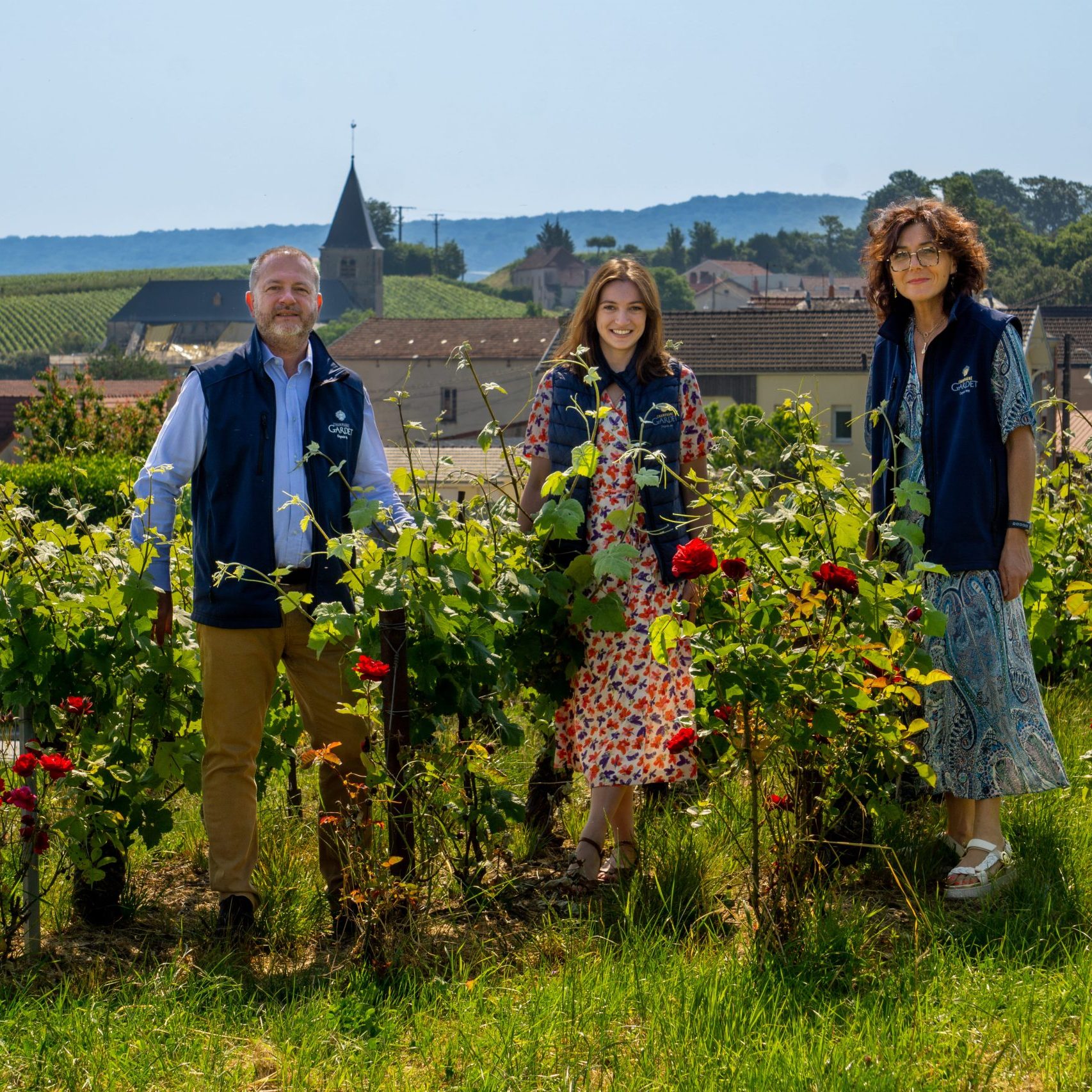Man on wine mission in the Outer Hebrides
The driest September on record and an audacious, teetotal ex-missionary have combined to make wine from the most northerly vineyard in the UK.
David Hope and his Fruit of the Vine. (Picture contributed to the Scotsman).
The unseasonably dry September has allowed Donald Hope to produce a wine on the island of Lewis, in Scotland’s Outer Hebrides, from the 2014 vintage, reported the Scotsman.
Hope, 70, a retired ex-missionary from County Durham has harvested about 600lb (272kg) of Black Muscat grapes from his smallholding at South Dell, just six miles from the Butt of Lewis.
Of the 400 bunches produced most have been sold at the local farmers market but Hope has put a portion aside this year to go towards his Hebridean rosé, which is saved for friends and family.
Produced on the advice of friends who are wine experts the medium-bodied, dry rosé has aromas of flowers and a palate of ripe berry fruit.
Known locally as Château Hebrides, Hope’s Fruit of the Vine vineyard started from a single cutting which he and his wife Jean, 63, brought from Ireland when they moved to Lewis 17 years ago.
Hope, 70, now has 20 vines and, of the grapes put aside for wines, they should have several dozen bottles ready to drink early in the New Year of which neither he nor his wife will taste as neither drinks alcohol.
Partner Content
Speaking to the Scotsman, Hope said: “It has been a vintage year because we had so much sun in September. The sugar content of the grapes is so high we should get an alcohol content of between 10 and 12 per cent. It is just as well we are teetotalers – I know somebody who drank a bottle and said they had a hangover for three days.”
In the beginning Hope said he was told he would not be able to grow grapes on Lewis: “People said you could not grow grapes in the Outer Hebrides but we have proved that you can grow anything here and I also have peaches and apricots. I have grown vines for over 40 years. All you need is enough shelter and it can be done.”
As for the lack of sunshine, Hope said it wasn’t a problem: “There is certainly enough sun to ripen the grapes. All this started from one small cutting in a poly bag and It survived the winter and now we have the most north-westerly vineyard in Britain.”
Black Muscat is usually destined for table grape production, however, in certain markets, it is also used to produce wine such as Andrew Quady’s Elysium Muscat from California.
Earlier this year another Scottish winemaker in Fife announced his first vintage would be bottle this year after finding success with the early budding German variety Solaris along with early ripening white Siegerrebe and red grape Rondo.




